OBBBA Changes to Deductible Meals
July 15, 2025
The One Big Beautiful Bill Act (OBBBA) was signed into law on July 4, 2025. One of the provisions of this new law pertains to the tax deductibility of certain business meals. This new provision does not change the deductibility of all business meals but only for employer-provided meals that met specific criteria. Here are the details of what was allowed prior to the changes in the OBBBA:
Deductible Employer-Provided Meals Criteria for Deductibility
- Business Premises Requirement:
- The meals had to be provided on the employer’s business premises. This includes meals served in an employer-operated cafeteria or other eating facility on the premises.
- Employee Convenience:
- The meals needed to be provided for the convenience of the employer. This means the primary reason for providing the meals was to benefit the employer, such as ensuring employees remain on the premises during meal periods to be available for emergencies or to meet specific work demands.
- Substantiation:
- Employers had to substantiate the meal expenses adequately. This includes maintaining records that demonstrate the business purpose of the meals and the number of employees served.
Specific Conditions and Examples
- Overtime Meals:
- Meals provided to employees working overtime were deductible if they were necessary to allow the employees to continue working through their meal period.
- Example: A company provides dinner to employees working late to complete a critical project.
- Meals During Business Meetings:
- Meals provided during business meetings on the premises were deductible if the meetings were primarily for the discussion of business.
- Example: Lunch provided during a staff meeting to discuss quarterly performance.
- Meals for Employees on Call:
- Meals provided to employees who had to be on call during their meal period were deductible.
- Example: Hospital staff are provided with meals so they can remain on-site and available for emergencies.
Non-Deductible Expenses
- The cost of operating the eating facility, such as the salaries of employees preparing and serving meals and other overhead expenses, was not deductible.
- Meals provided to employees for personal reasons or as a form of additional compensation were generally not deductible.
OBBBA Post-2025 Changes
- After December 31, 2025, the deduction for employer-provided meals will be disallowed, except for certain meals provided on vessels, oil or gas platforms, drilling rigs, and support camps.
***Every other provision regarding the deductibility of business meals remains unchanged and are as follows:***
- Business Meal Expenses Deduction
A taxpayer can generally deduct 50% of business meal expenses if they meet the following conditions:
- The expenses are ordinary and necessary for carrying on a trade or business.
- The taxpayer or their employee is present at the meal.
- The food or beverage is not lavish or extravagant.
- The meal is provided to current or potential clients or business contacts.
- Food and beverages provided during entertainment must be purchased or invoiced separately.
- Deductible Travel Expenses
Travel expenses, including meals and lodging, are deductible if they are incurred while away from home in the pursuit of a trade or business. These expenses must be reasonable and necessary.
- Exceptions to the 50% Limitation
Several exceptions allow for full deduction of meal expenses:
- Expenses Treated as Compensation: If meal expenses are treated as compensation to the recipient and included in wages, the employer can deduct it as wages.
- Reimbursed Expenses: When expenses are reimbursed under an accountable plan.
- Employee Recreational and Social Activities: Expenses for activities primarily benefiting non-highly compensated employees (i.e. Company parties).
- Goods and Services Available to the Public: Expenses for meals made available to the general public.
- Meals Sold to Customers: Expenses for meals sold to customers in a bona fide transaction.
Please ensure that all meal expenses are documented and substantiated according to these guidelines to maintain compliance with IRS regulations. If you have any questions, please feel free to contact us.
Click to return to Larson & Company's One Big Beautiful Bill Act summaries.

Rick is a Tax Partner at Larson & Company. He specializes in tax planning and preparation for small businesses and fast-growing companies and is a life insurance tax specialist.
LinkedIn

.png)



